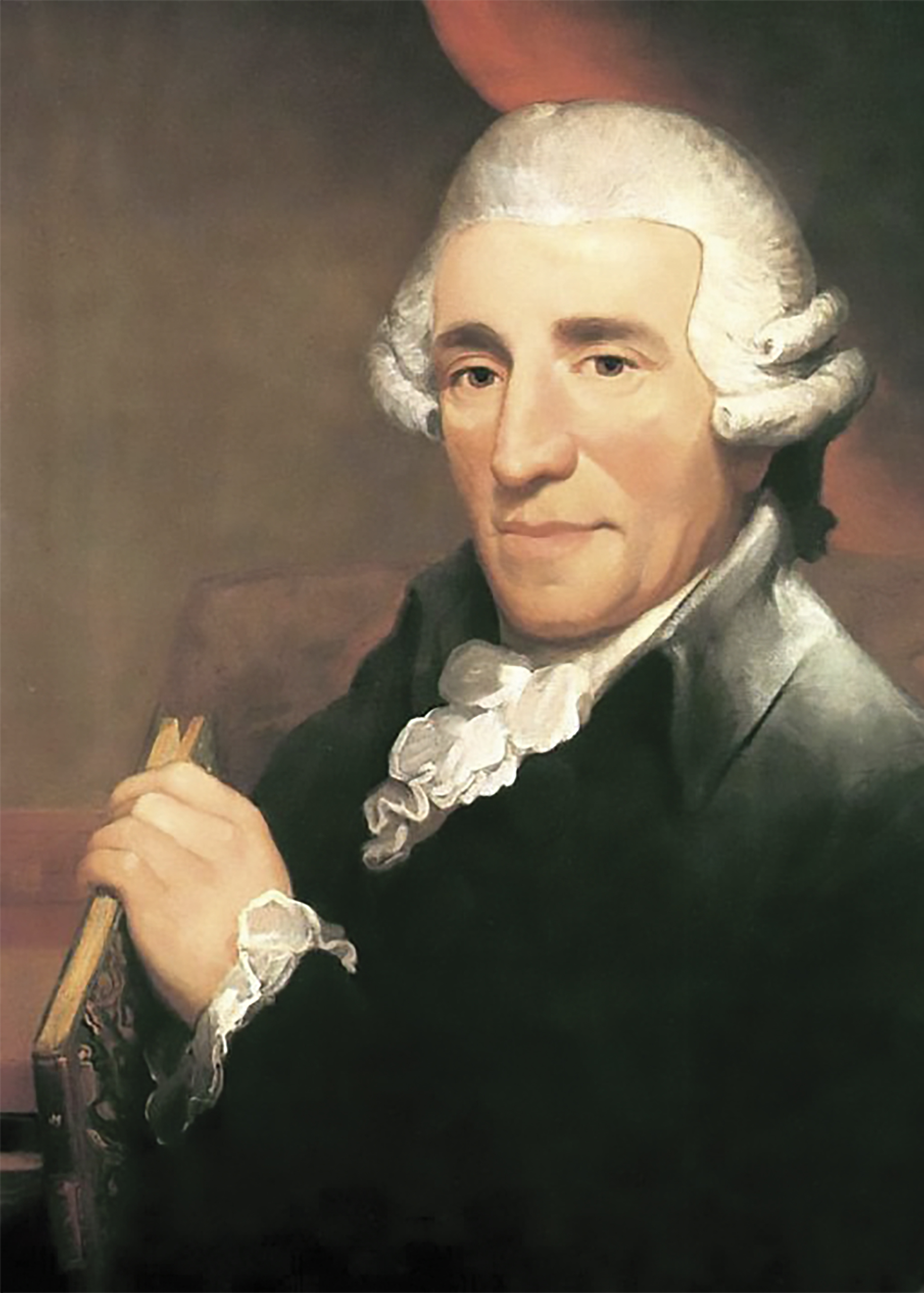Composer | Joseph Haydn

An instrumental figure in the development of chamber music and widely regarded as the “Father of the Symphony,” Franz Joseph Haydn was born 31 March 1732 in Rohrau, Austria. Haydn was discovered to be musically gifted by his parents, who sent him at age six to live with a schoolmaster relative in Hainburg to begin training as a musician; not long after, he would move to Vienna to serve as a chorister at St. Stephen’s Cathedral. By 1749, Haydn had matured out of the vocal range of his youth, leaving the choir and exploring the career possibilities of freelance musicianship. After some time of honing his skills through various jobs, Haydn would finally see full-time employment in 1757 as Kapellmeister (music director) under Count Morzin. Prince Paul Anton, head of the enormously wealthy Esterházy family, hired Haydn in 1761 for similar work.
The next few decades would prove massively fruitful for Haydn, remaining in the Esterházy family’s comfortable employ under the patronage of Anton and, after 1762, Prince Nikolaus I. A contract renegotiation in 1779 resulted in Haydn receiving permission to write for patrons other than the Esterházy family, and Haydn’s subsequent surge in international popularity as his compositions were enthusiastically received.
In 1790, Prince Nikolaus was succeeded by his son Anton, who dissolved the court orchestra and drastically reduced Haydn’s salary due to a decrease in the need of his services, though allowing him to travel. Haydn journeyed twice to England, where he composed some of his most famous work, such as the Surprise, Military, Drumroll, and London symphonies. He returned to Vienna in 1795, where he would create works for public performance. By 1803 Haydn’s health began to decline; musical ideas would still come to him, but he could no longer focus effectively enough to manifest them into fully structured compositions. He died peacefully on 31 May 1809, having left behind a vast and diverse body of composition, along with an enormous impact on the world of classical music.